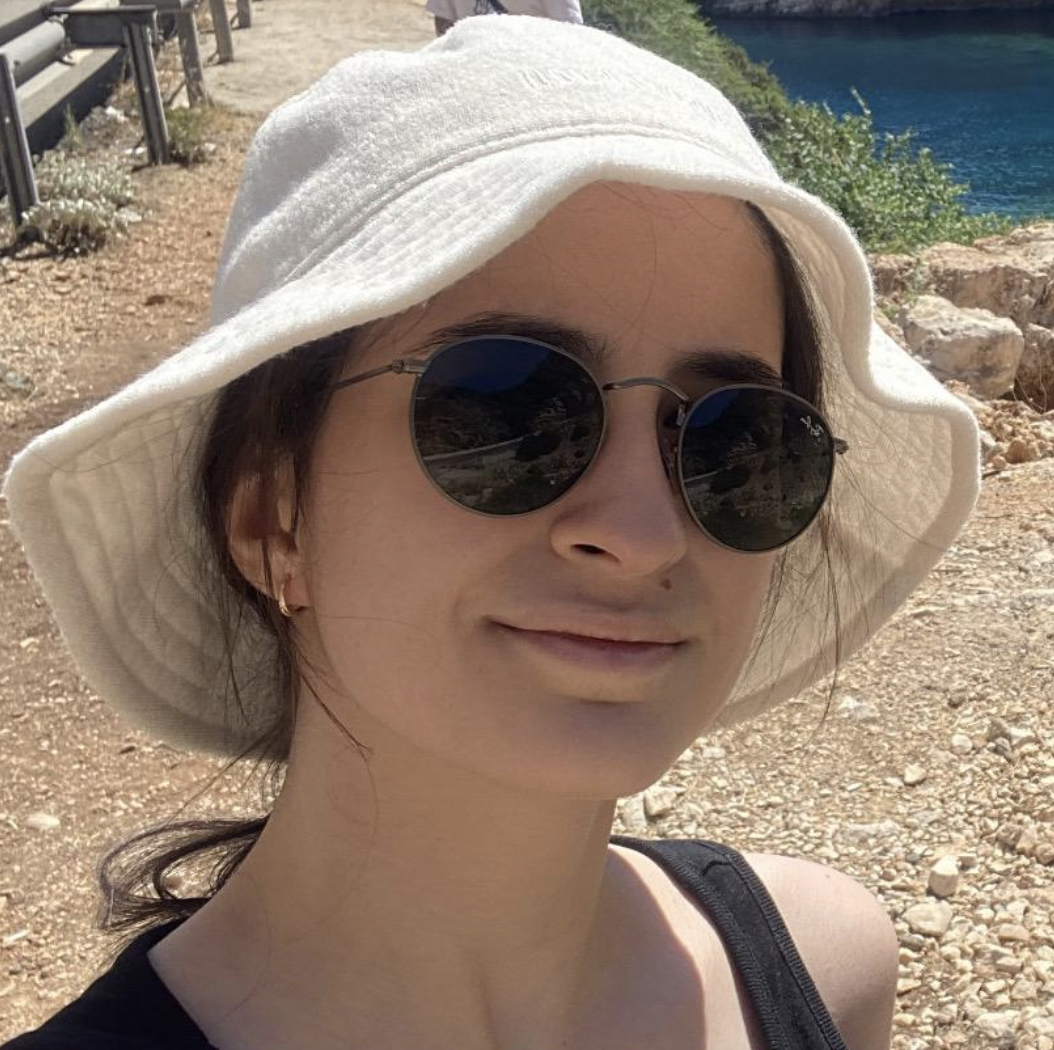Doğa Üçgül
English<>Turkish Translator
“We live in a technological age where you can connect with people worldwide. To have a language barrier between us is to deprive each other of the information & cultural exchanges we can; it is to deny us of this international network of knowledge.”
Turkish Translator Doğa Üçgül is a 19-year-old who enjoys music, is an artist, and a student of economics in Turkey and says, “ I just want to help people any way I can.”
“English and Turkish have such different language structures. Nothing about them is common. I think that’s why most people have difficulty transitioning between these languages. I think especially native Turkish speakers have trouble with this. I can't count the times I helped my classmates with their work!” Doğa shares.
When asked what motivates her to be a part of Respond, Doğa says, “I know a lot of people, especially native Turkish speakers, have difficulty with English. I have always wanted to be helpful to those who are struggling. At Respond, I found a way to make my knowledge useful, and with this amazing organization, I know I am actually helping people and making an impact. One of my favorite things about Respond is our team leader, Valentina Callari Lewis. I always know I can count on her.” She says that since joining Respond, “I feel like I am now more confident in my abilities as a translator. I experienced it the best when last year I could step in and help a tourist having trouble trying to tell her woes. It then hit me that my efforts actually make a difference.”
Doğa tells us, “The hardest part of being a translator is not letting emotions guide me. While translating, one can’t let people’s life affect you. You must be as transparent and true to the source as possible. I take breaks when I feel like the work I am translating affects me emotionally. That’s how I protect my own mental well-being. I go watch a TV series I find comfort in; I draw; only after I clear my head do I continue my work. That way, I ensure I give my best while also protecting myself.”
Doğa shares, “I am proud of my accuracy in translations. I do a lot of research before starting, especially more if it’s a legal document. Regarding phrases and idioms, I take my time, write down every possible variation, and choose the most suitable one according to the paragraph. Though I am only 19, I have written my fair share of essays and done a significant amount of translation, even if it was for my teachers or my peers. I have come a long way and am using my experience to translate my assignments to their most accurately.”
We asked Doğa advice you would give to someone who wants to become a translator. “I gave this advice to a younger friend. Knowing a language isn’t enough. You have to know how it's used. Knowing words and grammar might be enough for you to communicate, but for translating, you have to know how the language is used, its literature and its history. Certain words won't have direct translations; you must know language localization to get around that. It would be best to surround yourself with that language; make it a part of your life. Only then can you successfully translate one language into another.”
Doğa says that if she could talk to politicians about why language access is so important, she would tell them, “In an ideal world, politicians should lead by example. To show people they are capable of representing the country globally and that they can connect with us. Not only should they know many languages themselves, but they should encourage and actively work to have this possible for as many people as possible. We live in a technological age where you can connect with people worldwide. To have a language barrier between us is to deprive each other of the information & cultural exchanges we can; it is to deny us of this international network of knowledge.”
Here are Doğa’s answers to some rapid fire questions:
Can you share a fun or little-known fact about yourself?
Not many people know this, but I am a huge fan of Star Wars! To the point, I can recite lines from movies. Being a nerd is definitely fun.
Who inspires you?
My mother, actually. She is a teacher, and I witnessed her work hard to help every student. She always inspired me to reach out and help anyone I could. And that is what I try to do.
What’s one thing you’ve learned in the last year?
I learned to draw! I'm still practicing and getting better at it, and it still makes me happy to express my creativity somehow.
What is your favorite place to travel to? Do you travel to places where you don’t speak the language?
I have never been outside of Turkey, given my economic situation, but I love visiting the city of İzmir. Just the history alone draws me in. What’s one thing you’ve learned in the last year?
Are there any other “causes” close to your heart?
Women’s rights movements here in Turkey. I do everyI can and join the protests, but someday, I hope to help in every way I can.
Favorite word in any language? Why?
“Hayal” in Turkish. It means daydreaming or hoping.

